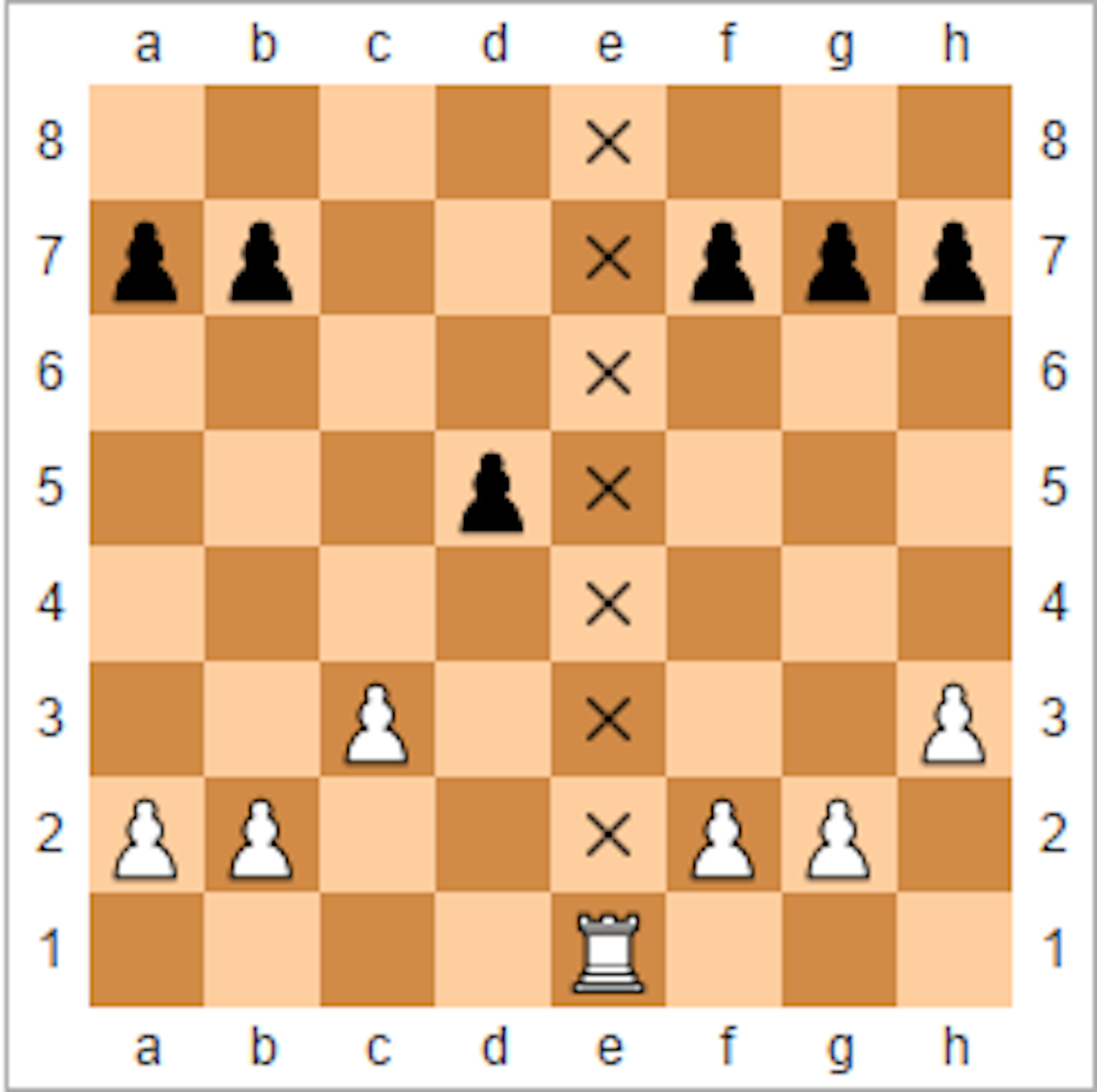
He had already announced to the world that there wasn’t a machine around that could beat him.Īfter the defeat, IBM took their computer back for a serious upgrade, contracted a chess player, Grandmaster Joel Benjamin, to help them refine Deep Blue’s opening book, and then contacted Garry Kasparov for a rematch the following year. Not in the least the Grand Master himself. Nobody was surprised that the reigning world champion won. Of the remaining five games, Garry Kasparov won two and three ended in draws. The computer won one game in a six-game match. Everyone thought it remarkable that a computer could play chess with anyone, never mind with a reigning world champion. On 10 February 1996, the reigning chess world champion, Garry Kasparov, won a chess match against Deep Blue. IBM had a contest to come up with a suitable name for their chess computer and the name Deep Blue was the winner. Randy Moulic and Chung Jen Tan were the team managers.įrom Deep Thought, they developed Deep Blue, using the C programming language and the AIX operating system. Chess players Nick DeFirmian, Miguel Illescas Cordoba, and John Fedorowicz worked on the computer’s chess game.

IBM then roped in another programmer, Arthur Joseph Hoane, and their long-time employee, Jerry Brody, to join the team. Thomas Anantharaman joined the company sometime later, but, after a short stint, left IBM to go work on Wall Street. The project caught the attention of IBM and, after Feng-hsiung Hsu and Murray Campbell graduated, the company hired them to develop the Deep Thought project further. From this computer came a more improved version, Deep Thought. In 1985, three computer science students at Carnegie Mellon University, Feng-hsiung Hsu, Thomas Anantharaman and Murray Campbell, built the chess-playing computer ChipTest. According to Wired, the move that threw Kasparov off his game and changed the momentum of the match was not a feature, but a bug.An identical version of the Deep Blue at Computer History Museum, California. What it may have been, in fact, was a glitch in Deep Blue’s programming: Faced with too many options and no clear preference, the computer chose a move at random. He later said he was again riled by a move the computer made that was so surprising, so un-machine-like, that he was sure the IBM team had cheated. Kasparov, according to NPR, was visibly perturbed - sighing and rubbing his face - before he abruptly stood and walked away, forfeiting the match.

Although he easily won the first game, Deep Blue dominated the second. Once again, the psychological toll of facing off against an inscrutable opponent played a key role. The next year, he played against a new and improved Deep Blue and lost the match. So although I think I did see some signs of intelligence, it’s a weird kind, an inefficient, inflexible kind that makes me think I have a few years left.”

He boasted, “In the end, that may have been my biggest advantage: I could figure out its priorities and adjust my play. Knowing that it was still basically a calculating machine gave Kasparov his edge back. Later, he discovered the truth: Deep Blue’s calculation speed was so advanced that, unlike other computers Kasparov had battled before, this one could see the material advantage of losing a pawn even if the advantage came many moves later. I could feel - I could smell - a new kind of intelligence across the table.” “I had played a lot of computers but had never experienced anything like this. “It was a wonderful and extremely human move,” Kasparov noted, and this apparent humanness threw him for a loop. He later explained, in an essay for TIME, that Deep Blue flummoxed him in that first game by making a move with no immediate material advantage nudging a pawn into a position where it could be easily captured. But after rallying to beat Deep Blue, winning three matches and drawing two after his initial loss, Kasparov wasn’t ready to give up on the human race - or himself.


 0 kommentar(er)
0 kommentar(er)
